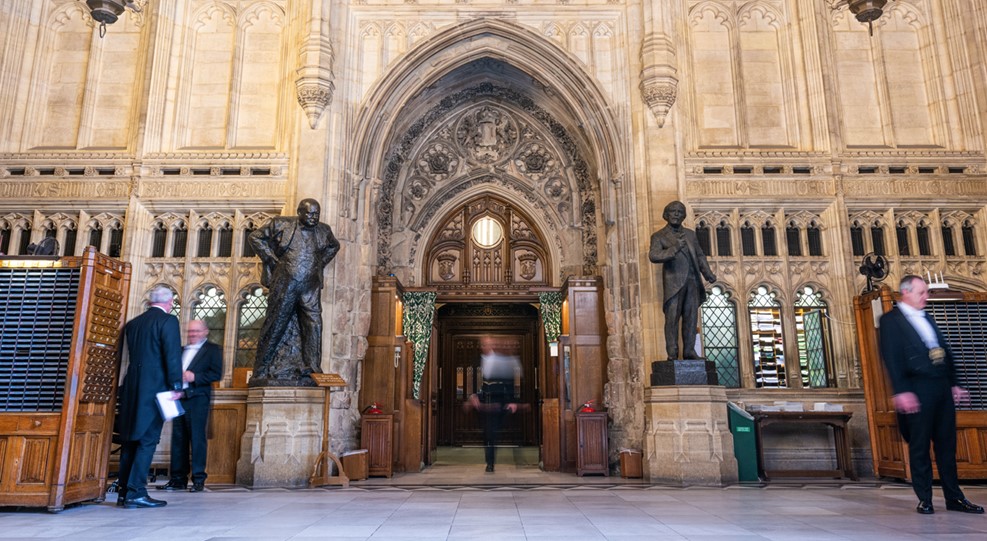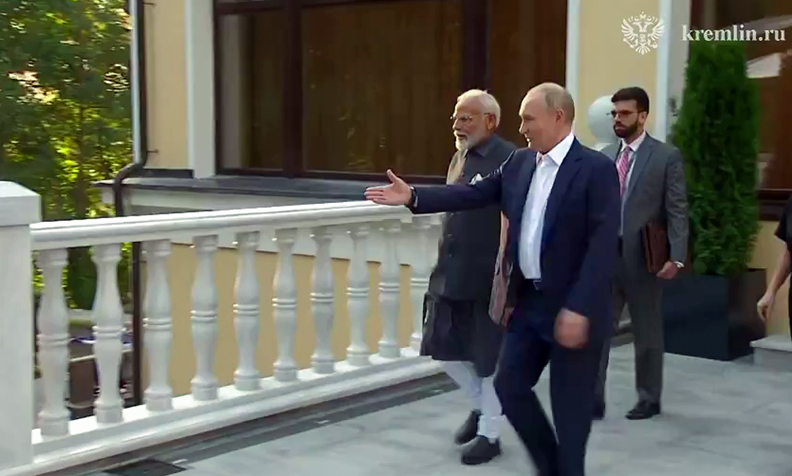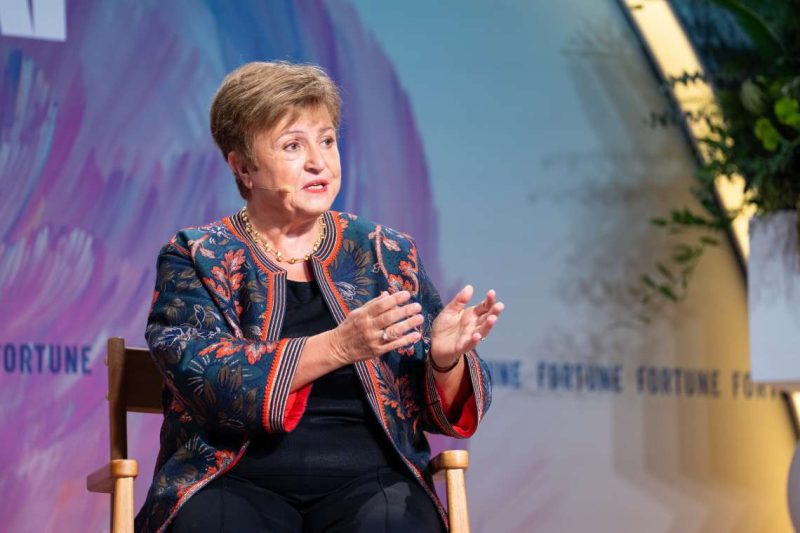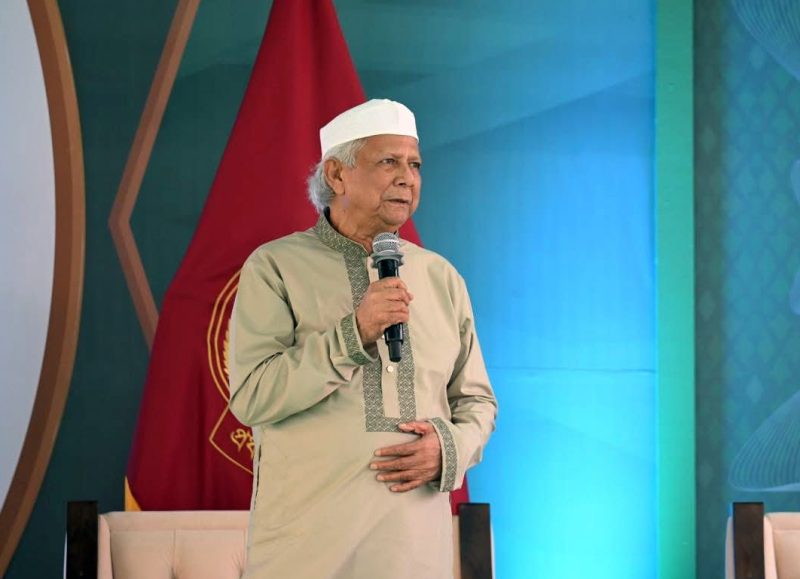The new House of Commons includes the largest number of women ever elected — 263, some 40% of the total — and the most lawmakers of color, at 90…reports Asian Lite News
Hundreds of newly elected lawmakers trooped excitedly into Parliament on Tuesday after the UK’s transformative election brought a Labour government to power.
The halls of the labyrinthine building echoed with excited chatter of the 650 members of the House of Commons — 335 of them arriving for the first time. That compares to 140 new lawmakers after the last election in 2019.
The seat of British democracy took on a back-to-school feel, from the rows of lockers temporarily installed in wood-paneled corridors to the staff holding “Ask Me” signs ready to help bewildered newcomers.
The new House of Commons includes the largest number of women ever elected — 263, some 40% of the total — and the most lawmakers of color, at 90.
The youngest new lawmaker is Labour’s Sam Carling, 22. He is one of 412 Labour legislators elected last week who will cram onto green benches on the government side of the House of Commons.
Opposite them will be a shrunken contingent of 121 Conservatives, a vastly increased number of Liberal Democrats, 72 strong, and a smattering of representatives from other parties including the environmentalist Green Party and the anti-immigration Reform UK.
The first task for lawmakers was electing a speaker to oversee the business of the House of Commons and try to keep the often unruly assembly in line.
The speaker is chosen from the ranks of lawmakers and sets his or her party affiliation aside while they fill the impartial role.
Lindsay Hoyle — originally elected for Labour to the speaker’s post in 2019 — was reelected unopposed. He promised lawmakers he would continue to be “fair, impartial and independent.”
In keeping with tradition, the speaker feigned reluctance and was dragged to the speaker’ chair by colleagues — a custom dating to the days when speakers could be sentenced to death if they displeased the monarch.
After tributes from party leaders including Prime Minister Keir Starmer and Conservative leader Rishi Sunak, the speaker-elect was taken to the House of Lords by an official known as Black Rod to receive Royal Approbation, the formal approval of King Charles III.
Starmer said all lawmakers had a responsibility “to put an end to a politics that has too often seemed self-serving and self-obsessed, and to replace that politics of performance with the politics of service.”
Sunak, fresh off the Conservatives’ crushing election defeat, agreed that “in our politics, we can argue vigorously, as the prime minister and I did over the past six weeks, but still respect each other.”
With a speaker in place, lawmakers were sworn in one by one, taking an oath of allegiance to the king and “his heirs and successors.” Members can swear on a religious text of their choice or make a non-religious affirmation. They must take the oath in English first, and can repeat it in Welsh, Ulster Scots, Irish Gaelic, Scottish Gaelic or Cornish.
The longest-serving lawmakers — Conservative Edward Leigh and Labour’s Diane Abbott, known as the father and mother of the House — were sworn in first, followed by the prime minister and the Cabinet, senior members of the official opposition and then remaining lawmakers in order of their length of service.
There are also seven lawmakers from Irish nationalist party Sinn Fein, who refuse to swear loyalty to the Crown and do not take their seats to protest U.K. control over Northern Ireland.
After all MPs are sworn in — a task expected to take several days — the House of Commons will rise until July 17, when a new session will formally start with the State Opening of Parliament.
The new government will set out its legislative plans for the coming year in a speech read by the king from atop a golden throne.
The King’s Speech is expected to include plans to establish a publicly owned green power company called Great British Energy, change planning rules to allow more new homes to be built and nationalize Britain’s delay-plagued railways.
Holding the government to account will be a much-reduced Conservative Party led, temporarily at least, by Sunak. The former prime minister will serve as leader of the opposition until the party picks a replacement.
‘Levelling up’ phrase to be erased, says minister
The new Labour government is replacing the words “levelling up” with “local government” in the department’s name and ministerial titles, minister Jim McMahon has said.
Levelling up – a promise to reduce geographical inequality – was a key part of Boris Johnson’s successful 2019 general election campaign.
When he came into power he changed the name of the Department of Housing, Communities and Local Government, replacing “local government” with “levelling up”.
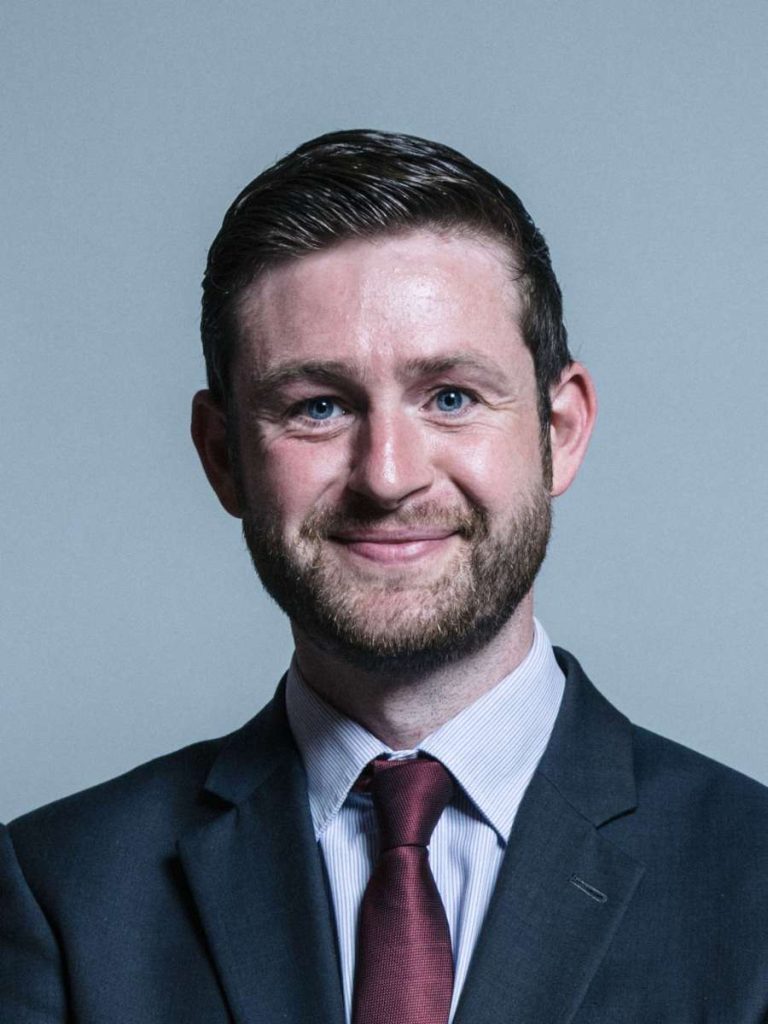
However, McMahon said the phrase was “only ever a slogan” and was now being “firmly Tippex-ed out of the department”. “We are now the Ministry of Housing, Communities and Local Government,” he said. “It is a reshaping of the department. It is a refocus, but frankly it is also just grown up politics.”
A Conservative spokesperson said the levelling up agenda had been “transformative for towns across the country, giving communities that Labour took for granted when they were last in office the investment they deserve.
“Labour’s decision to scrap levelling up will be a disaster for these towns, and their refusal to rule out clawing back £1bn of Conservative funding from local communities for Labour politicians to spend in Westminster puts the future of our communities at risk.”
Former Prime Minister Boris Johnson accused Labour of “a lack of ambition and a failure to believe in this country’s potential”.
McMahon said the British public had “had enough of politicians making promises that don’t follow through and don’t make a material difference”. McMahon, who was previously the leader of Oldham Council, said he was pleased the words local government were being added back to the department name saying people valued local government and “know it needs far more focus and attention”.
Shortly after his interview, Angela Rayner, now head of the rebranded department, confirmed the change in a social media post saying: “No more gimmicks and slogans, but the hard yards of governing in the national interest. The department I lead will be the Ministry of Housing, Communities and Local Government.”
The ditching of the levelling up phrase was welcomed by Sadiq Khan, the mayor of London, who was in Downing Street for a meeting with all the mayors in England. He said it had too often felt like a mantra for weakening the capital at the expense of the rest of the country. The name-change also got the thumbs-up from former Conservative minister Sajid Javid who ran the department from 2016 to 2018.
He said: “Whether housing, social care or community cohesion, local government has a big role to play in tackling policy challenges. A small change, but a welcome signal of intent.”
ALSO READ-EU halts Georgia’s accession to the bloc


